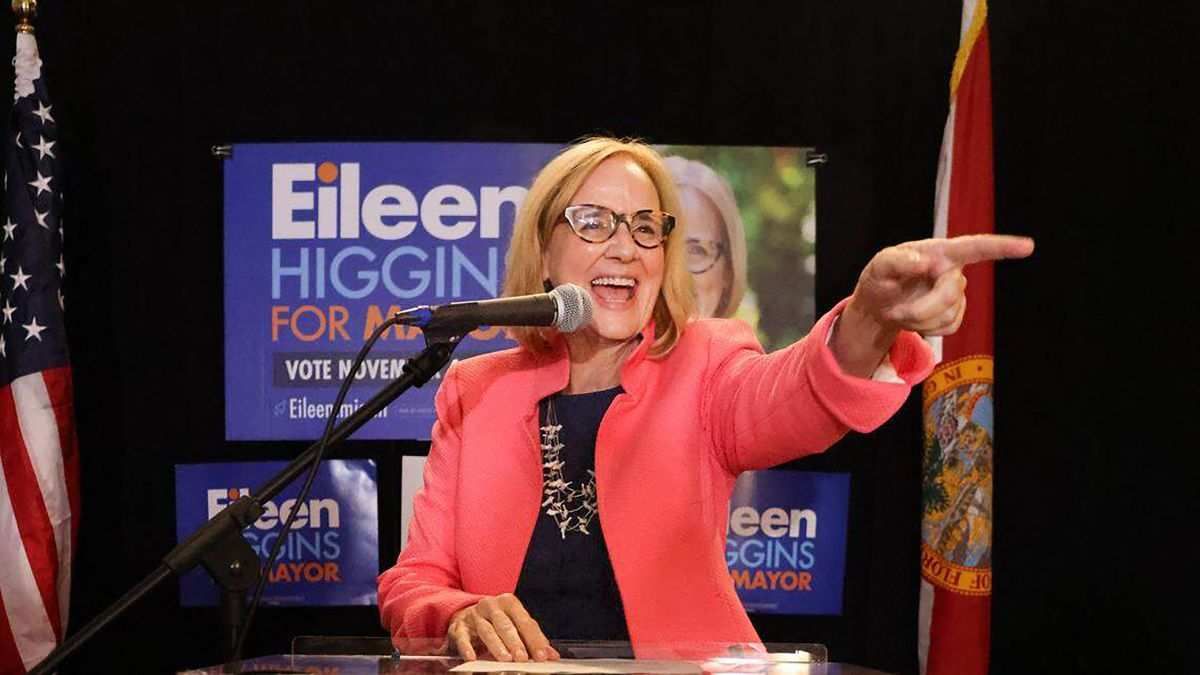News
August 03, 2018
1.5 billion: President Trump has threatened to impose tariffs on the remaining $262 billion worth of US imports from China not already targeted by the administration. That includes $1.5 billion worth of Christmas ornaments. #WarOnChristmas
130 million: President Trump, who faced scrutiny yet again this week for his treatment of the media, has used the phrase “fake news” in a total of 258 tweets during his presidency. Nonetheless, confidence in two organizations often targeted by the president, the NY Times and Washington Post, has increased, even among Trump supporters. In fact, over the past two years, the New York Times’ monthly online readership has doubled to 130 million.
556:An Indian man filled 556 potholes in the country’s most populous city, Mumbai, over the weekend to commemorate the death of his son in a bike accident caused by poor road conditions. India’s notoriously shoddy infrastructure could use a few million more people just like him.
41: With an election coming up in October, 41 percent more Brazilians have registered to vote from abroad compared to the country’s last election in 2014, according to government figures. That’s not a sign of confidence that this election outcome will set Brazil on the right track.
-6:Nicaragua’s economy is expected to contract by almost 6 percent this year, in large part due to disruptions caused by the ongoing fighting between embattled President Daniel Ortega and opposition protestors. In 2017, the country's economy grew by nearly 5 percent.
More For You

Miami Mayor-elect Eileen Higgins points as she thanks her staff and supporters on the night of the general election, on Tuesday, Nov. 4, 2025.
Carl Juste/Miami Herald/TNS/ABACAPRESS.COM
A Democrat won Miami’s mayoral race for the first time in nearly 30 years. The Republican defeat will ring some alarms for the party – and their support among Latino voters.
Most Popular
Walmart’s $350 billion commitment to American manufacturing means two-thirds of the products we buy come straight from our backyard to yours. From New Jersey hot sauce to grills made in Tennessee, Walmart is stocking the shelves with products rooted in local communities. The impact? Over 750,000 American jobs - putting more people to work and keeping communities strong. Learn more here.
© 2025 GZERO Media. All Rights Reserved | A Eurasia Group media company.